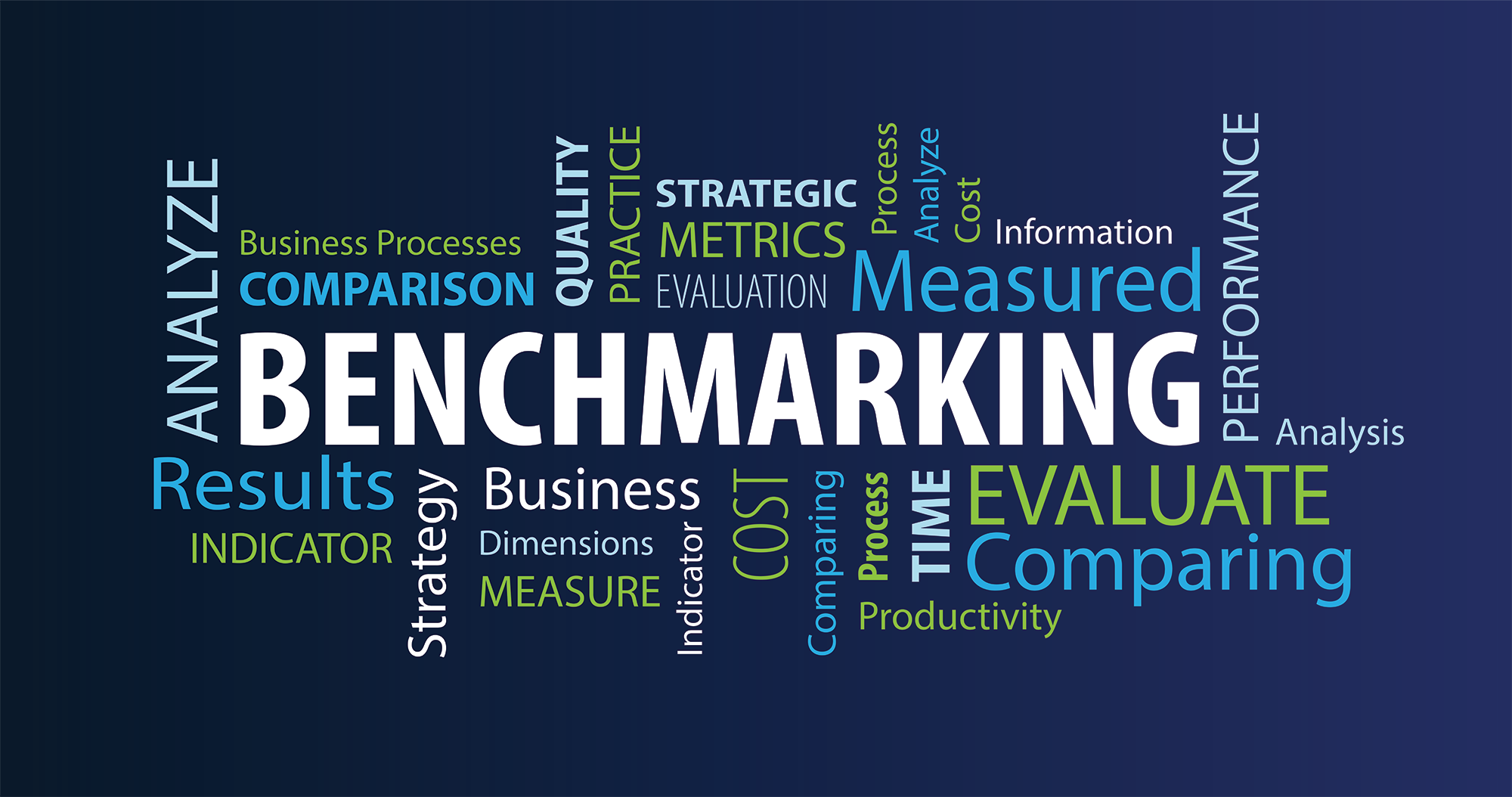
Risk management for exporting SMEs: indicators of an importer's reliability
Import-export relationships are based in trust, but linguistic barriers, cultural differences and psychic distance makes hard developing these relationships. A recent article written by Pedro María Martínez Villar, professor at the University of León, reflects about how psychic distance affects Spanish SMEs choosing the market they want to trade with.
In the article Delimitation of the experience factor in the decision to select international markets by Spanish SMEs: The influence of psychic distance, Professor Martinez Villar explains that the accumulation of knowledge and skills of organizations in the international sphere strengthens, not only the commitment with international clients and export activity, but, as well, the confidence to begin commercial relationships with countries and cultures perceived as psychically distant.
The countries that are psychically close, in most cases, are a great market to do business with. In the Spanish SMEs case, this market represents the members of the European Union. Nevertheless, other markets such as America, Latin-America or Asia, represent great business opportunities for Spanish SMEs even though they are psychically distant. A literature review by Assabane Ibrahim and Mssassi Said ,The contribution of business intelligence to risk management in exporting SMEs, address the importance of strategic intelligence in export risk management.
When SMEs begin their international expansion, exports play a fundamental role as they involve less risks and fewer resources. However, the export activity is also subject to risks and the perception of these risks influence the starting, maintaining and increasing export commitment, and therefore, impacting its success. Spanish SMEs represent 90% of the exporting businesses, that in 2021 increased in 7% becoming a total of 59.000 regular SMEs exporters. The whole exporting activity represented 34,6% of Spanish GDP, breaking records and achieving more than 300.000 M euros in value. Due to the importance of export activity among Spanish SMEs to the GDP is fundamental to provide them with the tools and knowledge necessary to diminish export risks.
Main risks for exporting SMEs
Having access to anticipatory information of the possible risks of doing business with a market or specific importer place exporting SMEs in a much more secure position, reducing the possibilities of failing into fraudulent clients. Risk management helps decision-making by identifying the areas with major risks and suggesting action plans to address them. The anticipatory information seeks to reduce the risks related to lack of information of exporting SMEs.
Risks related to lack of market information
It materializes with the lack of information to identify and analyze markets. It also affects the possibility of locating product opportunities in international markets.
Risks related to lack of customer information
It materializes in the loss of money in the markets to which exports are made, either because of non-payment by customers or because of the complexity of finding them.
Risks related to lack of competitor information
Given the high level of competition in international markets, lack of information about your competitors makes it difficult to set competitive prices and obtain adequate representation.
Risks related to the lack of information on regulatory policies
Not knowing the political risks involved in a market, the bureaucratic procedures and restrictions is a risk for the success of exporting SMEs.
Risks related to the lack of information on culture
Cultural differences can be abysmal in some cases. These differences can also influence the habit of using your product and impact your company's success in that market.
While risks related to the lack of market information and the lack of politico-regulatory information are usually well address by national and international organizations with tools such as UN Comtrade or Access2Markets, the ones related to lack of customer and competitors’ information is much harder to find, and in most cases very expensive. The market intelligence platform of xNova seeks to solve this problem by providing trustful information about both the general market and the customers and competitors. The data is extracted from the bills of lading that Customs register and displayed for an easy understanding of the users.
Indicators of an importer's reliability
Even the businesses that have already adopted market intelligence tools struggle to trust new clients in international markets. There have been stablished some good practices to reduce the risk of losing money selling abroad by analyzing the credibility of an importer. Some of these indicators are related to their transactional history, and others to their legal and financial information.
- Review the importer’s transaction history. Examining the importer’s purchase history will give you an idea of how the importer operates and what is its history of relationships with suppliers. For example, importers that only make 1 purchase per supplier, resulting in numerous transactions all very different from one another, could be a sign of fraudulent activity, as this could be a company that does not fulfill the payment agreement with its suppliers. On the other hand, importers that have a long and durable transaction history with their suppliers may indicate that the importer is a reliable and profitable company. Additionally, you can ask for testimonials from the suppliers or freight forwarders the importer has worked with in the past.
- Validate the existence of the business, corporate composition, and company’s data such as number of employees, production and creditworthiness. There are many enterprises such as Dun & Branstreet or Experian that are specialized in building business credit reports. In these reports you can have a very realistic and in-depth picture of the company’s payment behavior, reducing the level of risks unpayment.
Small and medium enterprises have great opportunities in international markets that are not inside the European Union, and with new and evolving technologies they are able to address them wile reducing risks related to the lack of information of customers and competitors with market intelligence software. By analyzing the transactional history of clients, they will be able to guess the credibility of it, and thanks to the business credit report they will be able to confirm their payment behavior with other providers. SMEs that adapt these solutions will have a competitive advantage regarding their competitors and big firms, while diminishing the risks of failing in the internationalization process and, therefore, improving their financial state.









